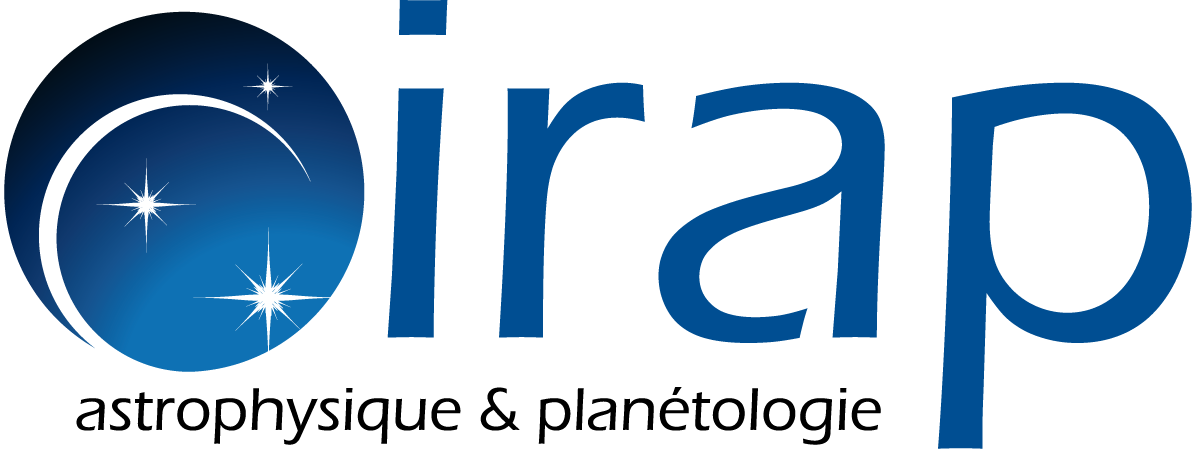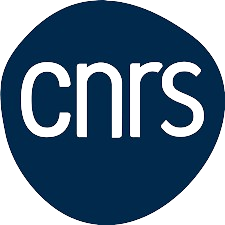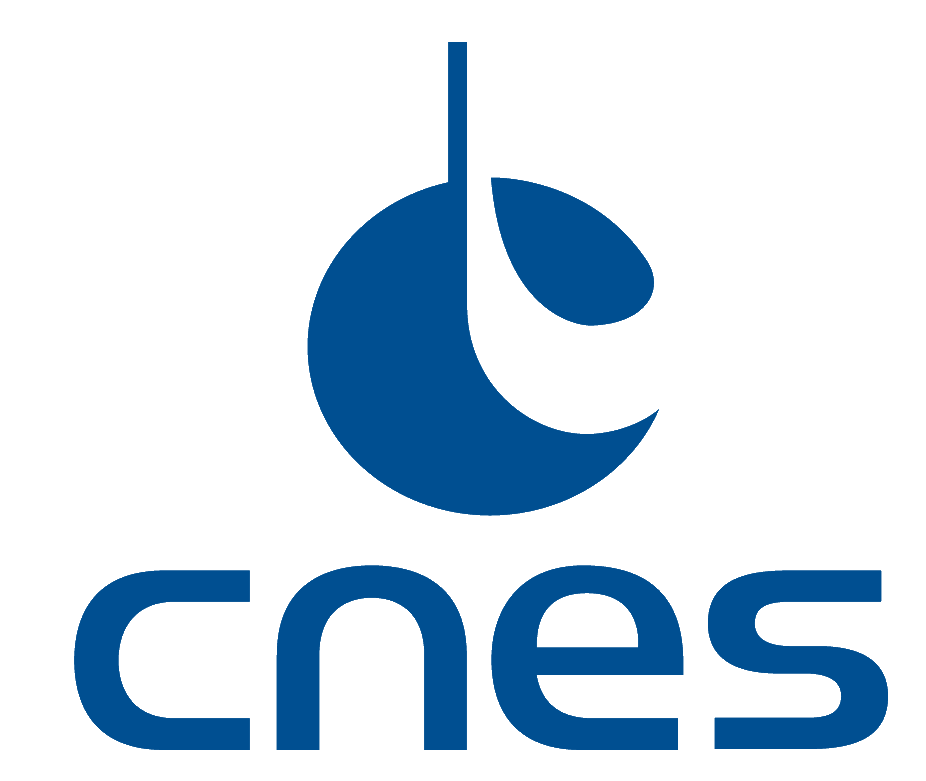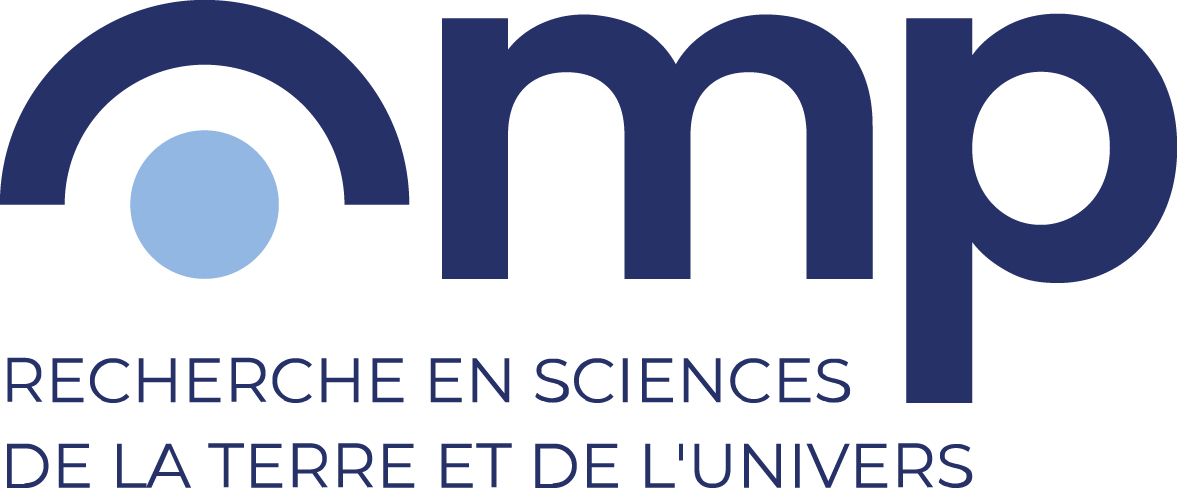The SLOW-SOURCE project led by an IRAP researcher receives a European funding
The European Research Council (ERC) awarded a “Consolidator Grant” on Thursday 29 November 2018 to 291 European researchers to finance exploratory research projects lasting 5 years, with a maximum budget of €2 millions. One of the selected projects is led by an IRAP researcher (Université Paul Sabatier de Toulouse & CNRS). This is the SOLW_SOURCE Project, whose objective is to determine the origin of the slow solar wind.
‘’SLOW_SOURCE’’ Project : determining the origin of the slow solar wind
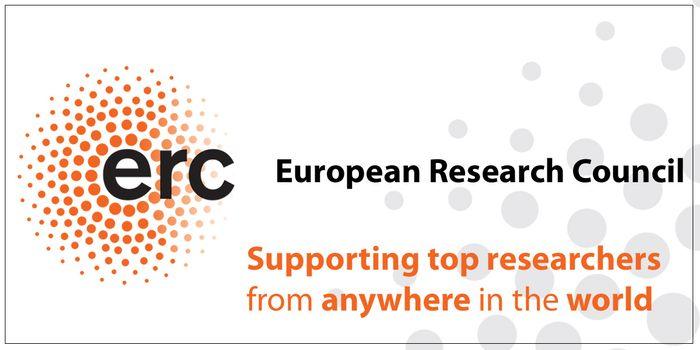
The Sun’s atmosphere is heated to more than one million degrees and as a result ‘pushes’ its atmosphere towards the interplanetary environment in the form of a solar wind. The fastest winds (> 800 km/s), are formed in well-defined regions of the atmosphere called “coronal holes” which are black spots visible in the ultraviolet domain. On the other hand, the origin of the slow winds (300 km/s) remains very enigmatic. Fast and slow winds have very distinct properties measured in situ with very different contents of heavy elements such as iron suggesting very distinct formation mechanisms. The SLOW_SOURCE project aims to determine the origin of slow winds through detailed studies of the dynamics of these heavy ions. The project will explore physics at the interfaces of the different layers of the atmosphere from dense regions near the Sun’s surface to regions where the solar wind becomes supersonic. A new model of the solar atmosphere will be developed to simulate the abundance of heavy crown ions and the mechanisms for expelling these ions in the slow wind. The results of these models will be compared with data from the NASA Parker Solar Probe mission launched in 2018: the first mission to enter the solar corona in order to measure its properties in situ. The project is also a preparation for the ESA Solar Orbiter mission to be launched in 2020 and in which many French laboratories are involved, including IRAP, the host laboratory of this ERC project.
Alexis Rouillard is a CNRS researcher at the Institut de Recherche en Astrophysique et Planétologie (IRAP, CNRS/UT3 – Paul Sabatier/CNES). He is doing his thesis at the University of Southampton in the United Kingdom under the supervision of Professor Lockwood, on the modulation of cosmic radiation by the solar wind. He then began a post-doctoral fellowship at the US Naval Research Laboratory and NASA Goddard Space-Flight Center in the United States where he worked on the origin and propagation of solar winds using data from the NASA STEREO mission. He joined the CNRS and IRAP in Toulouse in 2012 where he obtained several European (FP7) and national (ANR) funds to gradually create a team studying the dynamics of the corona and solar winds. In 2013, he received the Arne Richter Prize from the European Union of Geosciences and, in 2014, the Karen Harvey Prize from the American Astronomical Society. He is also heavily involved in more applicative aspects such as space weather – a growing discipline that aims to develop new models and tools to predict the effects of solar activity on our environment.

